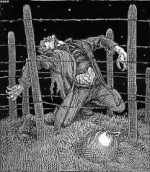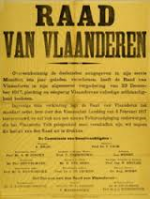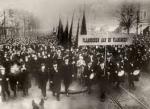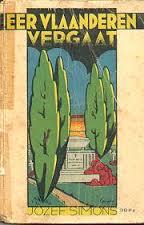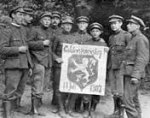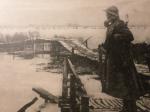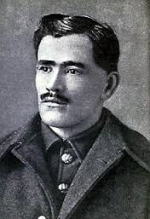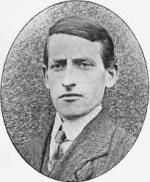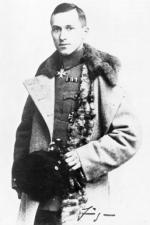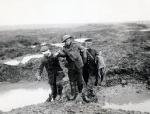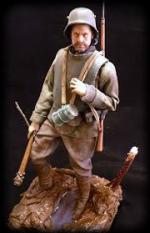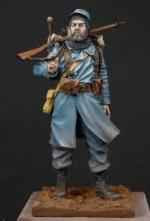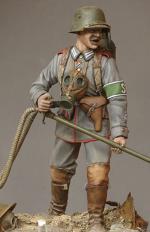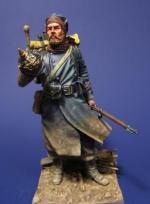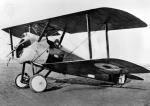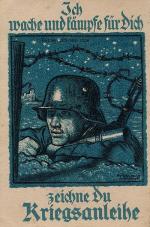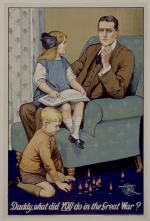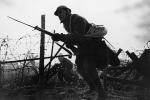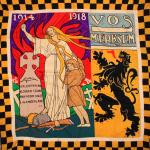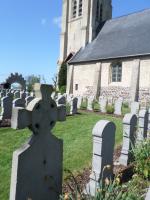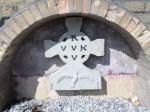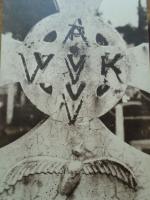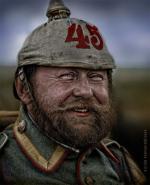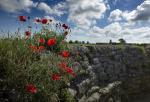|
' Historical military analysis of the First World War has developed a passing similarity to the theatrical and intellectual reassessement of the works of Shakespeare. Just as his timeless Elizabethan verse is frequently reinterpreted according to the fashion or convictions holding sway amongst the latest school of producers and actors, so the battles that raged on the Western Front have become the testing ground for the theories of military historians. Individuals, events and themes are given prominence according to the latest historical trend or socially accepted political orthodoxy. With the increasing pace and commercial motivations of modern life, the struggle has been hard and occasionally bitter. But the terrible battles of the First World War are not plays to be performed on stage with no risk to life and limb other than some mishap with falling scenery. The Third Battle of Ypres, beter known now as 'Passchendaele', was a life and death struggle involving millions of armed men trained to kill or maim their enemies. Each soldier was a painfully vulnerable individual who suffered in awful conditions while waiting with heavy foreboding to discover his fate. Hundreds of thousands of men lost their lives, their limbs or their sanity in this vortex of despair. It was an expiernce most survivors never forgot until death or the confusions of extreme old age brought down the curtain on their minds...'
Uit het voorwoord van het extreem boeiende 'Passchendaele - The sacrificial ground' van Nigel Steel en Peter Hart
|



